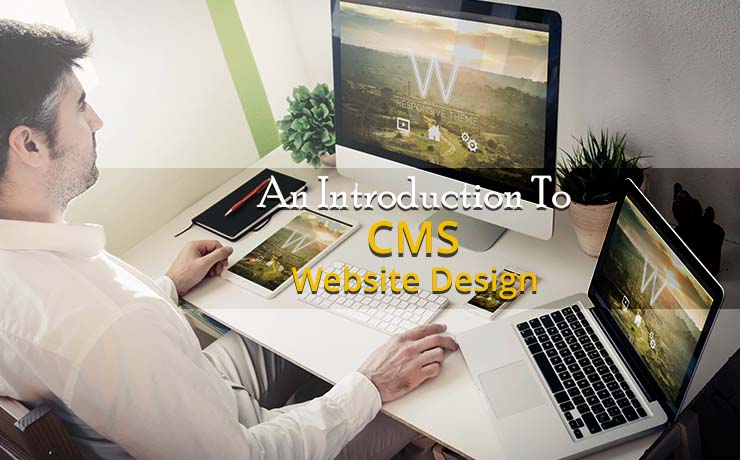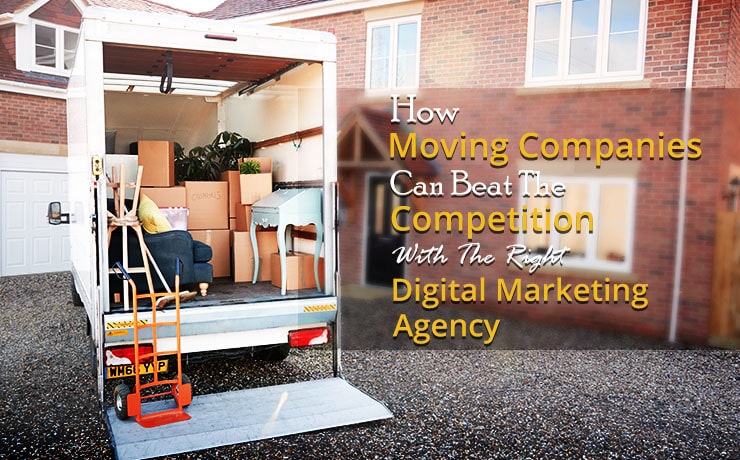An Introduction To CMS Website Design

Clement Foo
Digital Content Manager

In today’s digital age, having a website is essential for any business or organization. A well-designed website can help you reach a wider audience, increase brand awareness, and boost sales or conversions. But let’s be real, creating and maintaining a website can be a daunting task, especially for those who are not tech-savvy. It’s like trying to fix a broken toaster, you might end up with a hair cut and no toast. This is where a CMS (Content Management System) comes in as a knight in shining armor. A CMS is a web application that allows users to easily create, manage, and publish content on a website without the need for extensive technical knowledge. In this article, we will explore the basics of CMS website design and the benefits of using a CMS for your website.
What is a CMS?
A CMS is a software application that allows users to create, manage, and publish content on a website without the need for extensive technical knowledge. Think of it as a personal assistant for your website, it does all the boring and technical work, so you can focus on creating amazing content. The content can include text, images, videos, and other multimedia elements. The software is typically web-based and can be accessed from any device with an internet connection.
A CMS typically has two main components: a front-end and a back-end. The front-end is the part of the website that visitors see, like the window display of a store, it’s what people see first and it has to be attractive. The back-end is the admin area where users can create and manage content. It’s like the back-room of a store, where all the magic happens, you don’t see it, but it’s essential for the store to function. The back-end is typically accessed through a login page, and users can create and edit content using a user-friendly interface, similar to a word processor.
Popular CMS platforms include WordPress, Joomla!, and Drupal, among others.
Benefits of Using a CMS
- User-Friendly: One of the main benefits of using a CMS is that it is user-friendly. Users can create and edit content using a simple and intuitive interface, similar to a word processor. This means that users do not need to have technical knowledge to use a CMS, it’s like having a user manual for your website.
- Easy to Update: With a CMS, updating your website is easy. Users can make changes to the website without the need to know HTML or other programming languages. This means that users can make changes to the website quickly and easily, without the need to wait for a web developer to make changes. It’s like being able to change your outfit without having to ask a tailor.
- Cost-Effective: A CMS can save you money in the long run. With a CMS, users can make changes to the website without the need to hire a web developer. This can save you money on web development costs. It’s like having a personal assistant that works for free.
- Scalability: A CMS is highly scalable, meaning that it can grow with your business. As your business expands, you can add more features and functionality to your website without having to start from scratch. It’s like building a lego castle, the more legos you have, the bigger the castle gets.
- SEO Friendly: Many CMS platforms are SEO friendly, meaning that they are optimized for search engines. This means that your website will be more likely to rank higher in search engine results. It’s like having a personal marketing team for your website.









